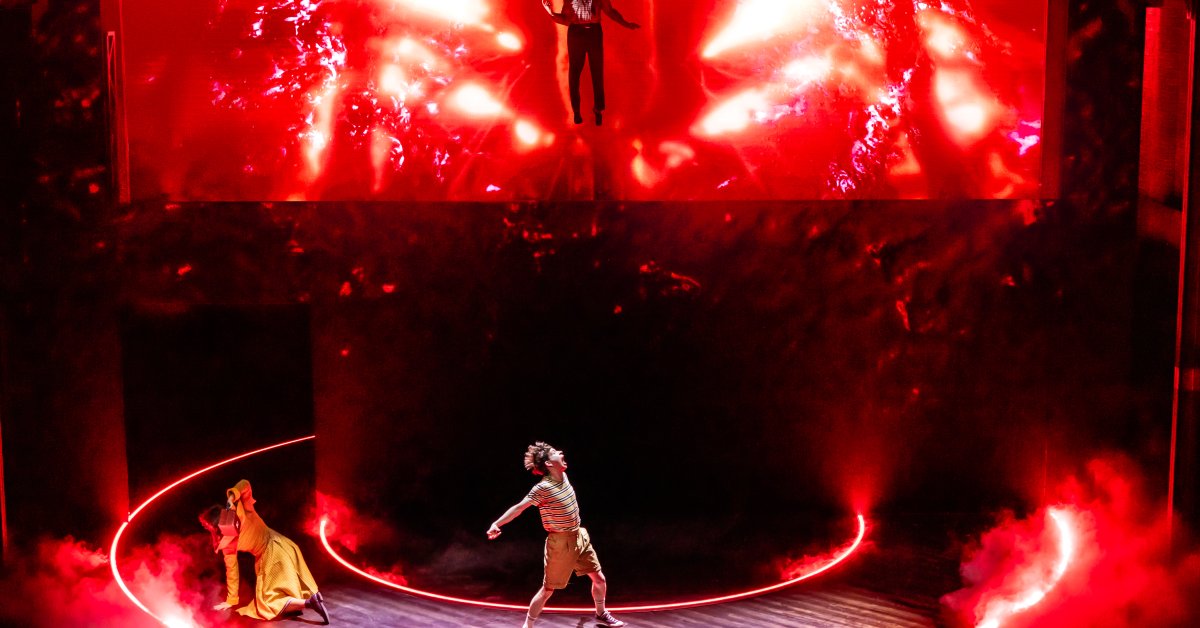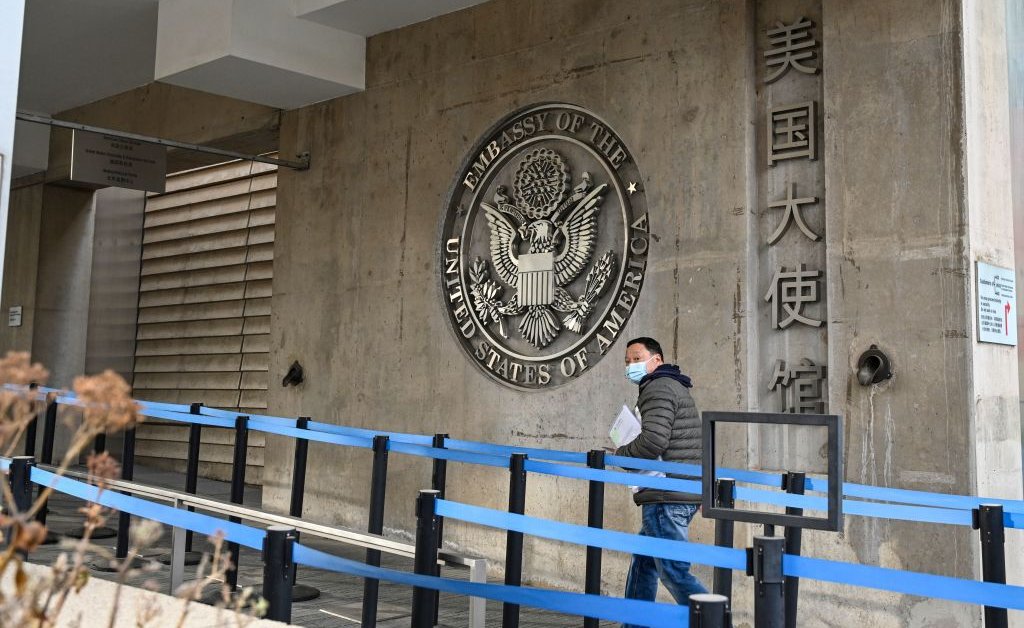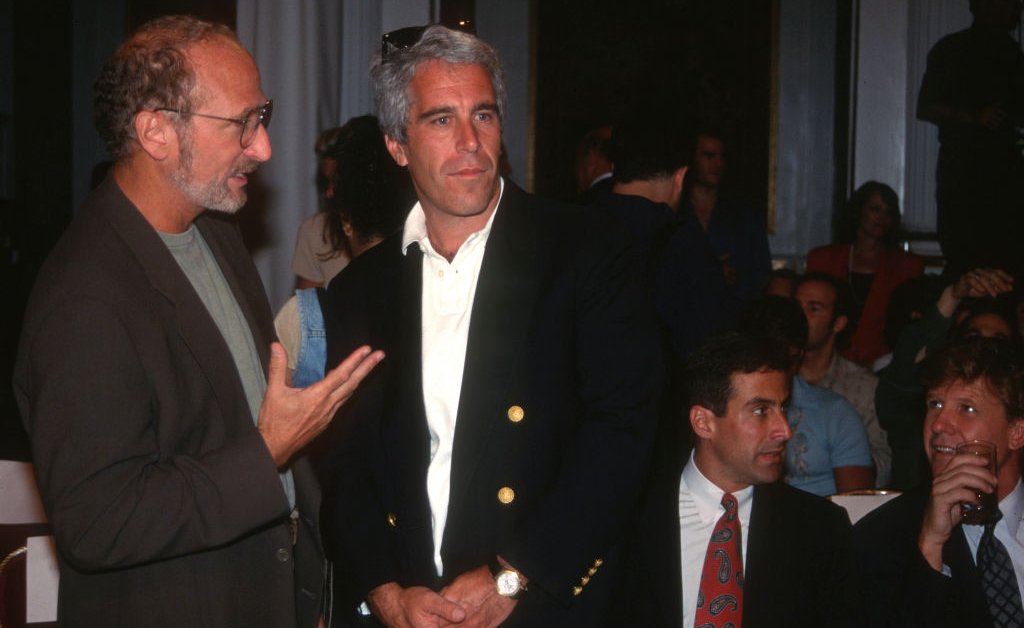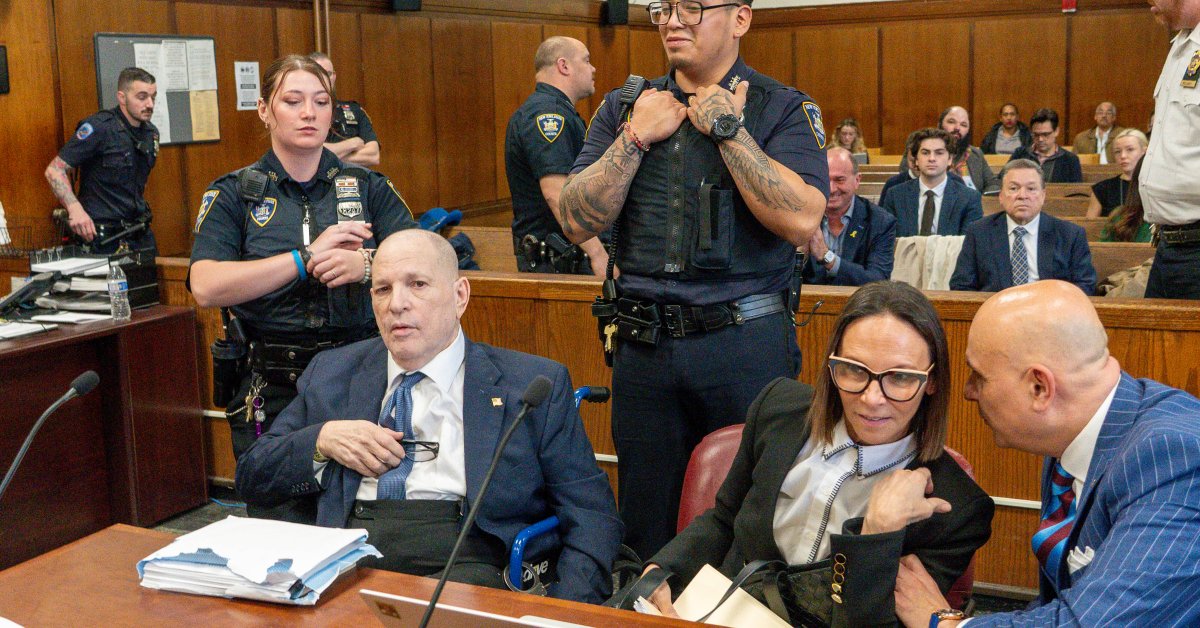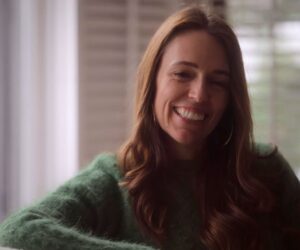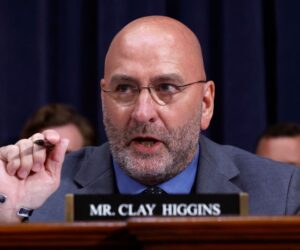It should come as no surprise that Stranger Things, the wildly popular Netflix show that premiered in 2016, now has a prequel. But in an unexpected twist, the new saga is not a television series or movie but a Broadway play. Stranger Things: The First Shadow serves as an origin story for Henry Creel—better known as Vecna (Jamie Campbell Bower)—a major antagonist who is introduced in Season 4. Like Millie Bobby Brown’s Eleven, Henry was born with telekinetic and psychic abilities and was subjected to cruel experiments by Dr. Brenner (Matthew Modine), a scientist intent on harnessing those powers. But unlike Eleven, Henry chose to channel his connection to the Upside Down for evil rather than good. But The First Shadow offers a sympathetic backstory for Henry before he became a killer.
Set in 1959 Hawkins, Ind., the story follows a young Henry as he attends high school alongside teenage versions of familiar characters like Joyce Byers and Jim Hopper. Much like a season of the beloved show, the play serves up a long mystery—as well as some jokes, high school drama, and deep dives into nerd culture—as the citizens of Hawkins attempt to understand why people around them keep dying.
Though longtime Stranger Things writer Kate Trefry had never written a play before when she agreed to take on First Shadow, the creators of Stranger Things—twin brothers Matt and Ross Duffer—were adamant that the stage production needed to mimic the tone and style of the series and align with its mythology. They believed only someone from the Stranger Things writers’ room could effectively bridge the world of the streaming series and the live show. Working from a story she co-wrote with the Duffers and writing vet Jack Thorne (Adolescence, Harry Potter and the Cursed Child, Enola Holmes), Trefry crafted the script for The First Shadow while co-writing the fifth and final season of the Netflix phenomenon. The hope was to create a live experience that deepens the story of the final season of the show—set to premiere in three batches this fall and winter—without revealing any major spoilers.
After premiering in London in December 2023, the show moved to Broadway in April 2025. Louis McCartney, who played Creel in both productions, was nominated for Best Performance by a Leading Actor in a Play. The show was nominated for a handful of other Tonys, and won a special award for the show’s jaw-dropping special effects. We talked to Trefry about how she dealt with a constantly changing Season 5—which was still being edited—and the surprising popularity of those demogorgon plushies.

With something like Harry Potter and the Cursed Child, your co-writer Jack Thorne was writing a prequel based on a completed text. What were the challenges of writing a prequel to a show that is not done yet? It sounds like everything was changing even as you were writing the play.
It was trying to create a past for something whose future was not finished yet. It was really hard and a unique writing challenge. It needed to be something that agreed with everything that happened in Season 1-4 but also enhances Season 5—without giving away anything that happens in Season 5. And also you can’t have needed to see the play in order to understand Season 5. It was this tiny keyhole to fit the story into.
I was working on Season 5 and the play at the same time, so I was able to massage both sides to try to make them both as satisfying as possible. But it was probably too much. I never thought about anything else.
How did you become the writer of the play?
It was crazy of them to choose someone who had no playwriting experience. I had only ever worked on TV shows. But the goal was to make a play that felt like the show, and the only way to do that was to have someone who writes for the show work on the play.
I don’t think that anybody could come in from outside the show and understand the tiny nuances, not only of the mythology and the characters but straddling the upcoming season, being up-to-date on how things were changing moment to moment. The end of Season 5 would change between the morning and afternoon of a single day. And I was embedded in both places.
Did you run into any problems with Season 5 changing?
There was one thing I can’t talk about. We actually sort of snuck it in the play. If you know what you’re looking for you can see it. It’s still there.

Vecna doesn’t show up as the Big Bad of this franchise until Season 4. When did he emerge as a character that the writers thought merited an entire play dedicated to his backstory?
We had so many conflicting ideas for him. There was a lot of debate: Is he like Michael Myers—like inherently bad? Is he Damien from The Omen—like an evil boy under the influence of the Mind Flayer in a way that we don’t understand yet? Who is the puppet master and who is the puppet?
We had so many debates in the writers’ room about what kind of Big Bad he was that it was easy to say, let’s write an entire story answering that question.
I would describe the audience as not your typical Broadway audience. People were screaming every time an easter egg was revealed. People were trying to film the play. It was like being at Disney World. I happened to see Denzel Washington and Paul Mescal in their respective plays in the few weeks before I saw First Shadow and those movie stars were not eliciting wild reactions quite like this. What is it about the show that provokes such an ecstatic response?
It’s funny, actually, that you say that. The girl who plays Eleven, obviously this is her Broadway debut. She’s nine years old. And when she comes out on stage for a few minutes people stand up and start clapping and screaming, which is not the usual reaction to a debut Broadway performance.
It’s a lot of things. The audience skews really young and really green. The last statistic I heard was I think 65% of the people who come to The First Shadow have never been to a Broadway show before—excuse me, have never been to a play before.
Wow.
And so people are being introduced to the medium for the first time through the lens of a show and a piece of IP they really like. I think the response you saw is the pure shock and pure joy of seeing something performed live for the first time. If you’ve been watching stuff on your computer your entire life, and then you go to the theater and all of the sudden, action is happening and you can’t figure out how it’s happening because we have this spectacular illusions team getting into your brain—that’s pretty visceral. It’s pretty primal. I think that’s a huge part of it.
I think the other thing is, we’ve seen delays with Season 5 of Stranger Things with COVID and then the writers’ strike. It goes on and on. I think people are excited to be stepping back into the world again for the first time in years.
I saw the show dozens of times in London and New York, and it’s the same whether you go to a Wednesday matinee or a Saturday night. It’s the same level of absolute chaos. And it’s wonderful to see kids coming with their parents and grandparents who have maybe never seen Stranger Things. It’s an amazing way to introduce a new generation to theater.
I saw that they were selling Demogorgon plushies. I don’t know that I would want to fall asleep holding that thing.
My kids have one, and they also have the breakable Prancer cat [a cat that unfortunately suffers the wrath of Henry Creel and has its bones broken in the play].
Oh!
It’s quite twisted.
I did not know the show skewed so young. Obviously as the characters have matured, the show has gotten scarier over time. What is the demographic you were writing for when working on Season 5? Is it the same age group as almost a decade ago when the show began? And is it the same demo you were writing the play for?
That’s such a good question because I was writing the play at the same time as Season 5, so I conflated those audiences, for better or worse. Think of Season 1 as The Goonies. Over the seasons we’ve sort of aged up with the actors and audience into those high school years. So the show and now the play is kind of like, maybe a dark PG-13, like an 80s PG-13.
Freshman and sophomore year of high school are, to me, a turning point for so many of us. Your identity is solidifying. So if you are going to tell the story of someone becoming evil, going through the major emotional crossroads that happen through puberty, the play can’t be about 11-year-olds. It has to be about 15-year-olds.
I also think people underestimate kids. I have a six-year-old, and she’s like a teenager. I don’t think you should take your six-year-olds to the show, but I’ve certainly seen them at the show. I think 10, 11, 12, is kind of the sweet spot, even if the show is about 14, 15, 16-year-olds.
My toddler is only interested in older kids.
Yeah my three-year-old is always copying the six-year-old, so I have two teenagers. They both call me, “Bruh” now.
I didn’t realize that “bruh” was still part of the cultural vernacular.
Their generation is bringing it back.

So I actually am pregnant with our second right now and during the opening scene of the show, which involves all these flashing lights, fog, and intense music—all part of a cinematic set piece involving a World War II ship—the baby was going crazy in my belly. How early in the process did you know you wanted to open the play with the sort of stunt that might appear on the TV show?
From the jump. I didn’t know how to write a play because I had never done it before. And they were like, “Don’t write a play. You don’t know how to do that. Write the show.” Every season of the show starts with a cold open that introduces a supernatural element. Then we go into the mundane world of the everyday, and we explain how those things are connected to each other.
So the idea of doing the Philadelphia Experiment [a fabled event from World War II in which the military made a ship disappear from the radar and supposedly transported it to another dimension] is something that we’ve talked about in the writers room for years. That conspiracy theory was top of mind. So when they threw down the gauntlet for me and said, “Write whatever you want to write, and we’ll figure out how to stage it—maybe we won’t, but we’ll try to make it feel like a TV show,” I was like, “Okay, what about a real battleship on stage that disappears and goes to another dimension? You asked for it. Here you go.”
And it’s Stranger Things so we want people in awe.
The play ends with the little Netflix “Next Episode” button popping up on the stage. It felt very on brand for Netflix. Are they thinking about the play as a proof of concept for future stage productions?
No. There were no strings attached, no expectations. I had pretty much complete creative control of what the story was. If there was any studio meddling, nobody ever came to me. They just kept saying yes.

